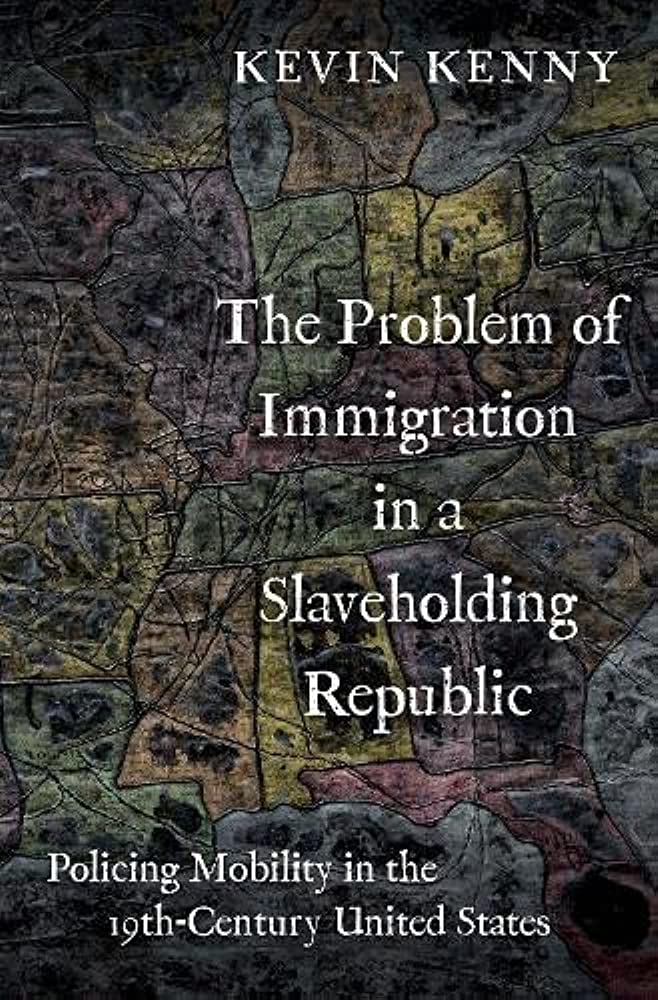2018 School Spending Survey Report
The Problem of Immigration in a Slaveholding Republic: Policing Mobility in the Nineteenth-Century United States
COPY ISBN
VERDICT Readers interested in 19th-century American history, immigration, and legal history will find much to enjoy in this title.
RELATED
ALREADY A SUBSCRIBER? LOG IN
We are currently offering this content for free. Sign up now to activate your personal profile, where you can save articles for future viewing




Comment Policy:
Comment should not be empty !!!